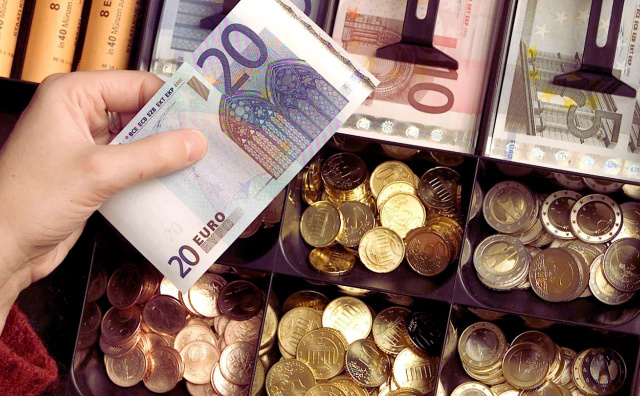Copyright novinite

From January 2026, Bulgarians will be able to make payments in both levs and euros across all shops, restaurants and service establishments, without facing any sanctions for receiving change in levs. The transition period, lasting through January, is intended to help both consumers and businesses adapt smoothly to the country’s adoption of the euro. Consumer rights expert Gabriela Rumenova, founder of the “We, the Consumers” online platform, explained in an interview for bTV radio that worries among restaurant owners about potential complications on New Year’s Eve are unnecessary. “The law introduces clear and simple rules that must be followed,” she said. While traders are prohibited from returning “mixed change” in both currencies, consumers are allowed to make payments using both levs and euros. “Whether this could confuse them is another matter, but everyone can decide for themselves if they want to take that risk,” Rumenova added. According to her, there is no reason for panic since the Law on the Introduction of the Euro in Bulgaria has been in place for several months, and all its requirements are already well-known. Over the past five months, the state has run a comprehensive information campaign, including meetings with business owners and citizens. Several official documents have been published to guide the process, such as the Ministry of Economy’s “Guidelines for Dual Indication of Prices and Dual Circulation” and instructions from the Bulgarian National Bank regarding the technical preparation of ATMs and POS terminals. During January 2026, both currencies will be legal tender, and traders are obliged to accept payments in either levs or euros. “Merchants are required by law to accept payments in both currencies. They can return change entirely in euros or entirely in levs. The fears about complications on New Year’s Eve are exaggerated,” Rumenova emphasized. Returning change in levs will also be permitted when a merchant lacks sufficient euros at the time of the transaction. “To reassure everyone, returning change in levs during January 2026 will not be subject to any sanctions if the merchant temporarily has no euros,” Rumenova clarified. She also offered practical advice to consumers planning to pay in restaurants or entertainment venues around New Year’s Eve. If people have both currencies, it’s best to agree in advance which one they will use for payment and how the establishment can return change. This, she said, will help avoid misunderstandings or disputes with less scrupulous traders. Rumenova also reminded the public that starting January 1, 2026, ATMs in Bulgaria will dispense only euro banknotes, and vending machines will accept only euros and euro cents. In all other locations, including shops, restaurants, and hotels, payments will still be possible in both levs and euros throughout the first month of the new year.



